How to Build Electric Vehicle (EV) Software: Features, Tech Stack & Cost
This case study showcases how Kuchoriya TechSoft, a leading smart EV mobility software company in Winnipeg, Manitoba, Canada, helped a client build a feature-rich EV software platform. The project aimed to deliver a seamless electric vehicle app development experience that connects users with charging stations, vehicle data, and remote controls in one unified solution.
By leveraging an advanced EV tech stack and addressing key industry challenges like charging network integration and data syncing, we created a customized EV car charging software platform tailored to modern mobility needs. Our detailed EV car software feature list ensured the app was both user-centric and future-ready.
This study outlines how our EV mobility solutions helped the client launch a powerful product, setting new benchmarks in EV software development and user engagement.
This study outlines how our EV mobility solutions helped the client launch a powerful product, setting new benchmarks in EV car software development and user engagement, demonstrating why we stand out among leading IT companies in Mississauga.
The global electric vehicle (EV) market is experiencing unprecedented growth, with EV sales expected to reach over 17 million units by the end of 2025, up from 10 million in 2023 (IEA). Alongside this rapid expansion, the demand for robust digital infrastructure, especially Custom EV software development, has become mission-critical. The EV industry now depends heavily on smart and secure software solutions.
For companies focused on building EV charging apps, success hinges not only on user experience but also on compliance with evolving EV interoperability protocols like OCPP (Open Charge Point Protocol), OCPI (Open Charge Point Interface), ISO 15118, and CCS (Combined Charging System). These protocols ensure that charging stations and vehicles from different manufacturers can communicate effectively and securely across networks.
Another major consideration is EV software development cost, which can vary widely depending on app features, third-party integrations, hardware communication, and technology stacks. Companies are increasingly investing in AI in EV software solutions to offer intelligent energy management, and personalized driving insights. At the same time, the integration of blockchain in EV software is transforming how energy transactions, billing, and user data security are managed, ideal for peer-to-peer and commercial charging models.
This case study illustrates how Kuchoriya TechSoft, a trusted EV software development company Ottawa Ontario Canada successfully developed a next-generation EV software platform. The solution included advanced fleet management EV software, supported a comprehensive smart EV car app feature set, and was fully aligned with industry standards. The result was a high-impact digital product ready to meet the evolving needs of today’s electric mobility landscape.
The global shift towards clean and sustainable transportation has brought electric vehicle technology to the forefront of automotive innovation. As governments push for reduced emissions and automakers invest heavily in electrification, the EV industry is witnessing massive growth. However, the success of EV adoption doesn’t rely solely on hardware; it’s the software behind the scenes, often crafted by expert development teams and freelance app developers, that powers intelligent experiences and operational efficiency.
Overview of Electric Vehicles and Software Importance
The global electric vehicle market is projected to grow at a CAGR of 23.1% from 2024 to 2030, reaching over $950 billion USD by 2030, highlighting the urgent need for scalable electric vehicle technology.
- Around 60% of EV functionalities now depend on software, making electric vehicle software development a core part of innovation.
- Companies aiming to build EV software must address growing user expectations for remote diagnostics and real-time navigation, all of which require robust backend systems and mobile app interfaces.
- The demand to develop EV charging apps has surged, with over 70% of EV users relying on mobile applications to find and reserve charging stations, manage billing, and receive maintenance alerts.
- Advanced EV software solutions integrate features like AI-driven route planning, smart charging based on grid load, and predictive vehicle health, reducing operating costs by up to 30% for EV fleets.
- Collaborating with a professional EV software development company helps reduce time-to-market by 40–50%, ensures compliance with protocols (OCPP, ISO 15118, OCPI), and enhances long-term scalability.
- With the global rise in demand, more startups and enterprises are researching ‘’how to build EV software’’ that is interoperable, AI-powered, and blockchain-ready to stand out in a competitive market.
The client, a Canada-based electric mobility startup, sought to launch a full-featured EV car software platform aimed at private users and commercial fleet operators. Their goal was to develop a smart, user-friendly EV app that would support real-time charging station integration, remote vehicle monitoring, digital payments, and energy-efficient trip planning.
However, the project faced critical challenges during the initial development phase:
- Lack of interoperability: Integrating with various EV charging networks was complex due to inconsistent APIs and a lack of standardized support for OCPP, OCPI, ISO 15118, and CCS protocols.
- Limited functionality: The client’s existing system lacked essential features such as AI-based smart routing, predictive battery analytics, and charging status updates.
- High development costs: Poor tech stack planning and a fragmented development approach significantly increased the EV car app development cost and delayed deployment timelines.
- Scalability issues: The architecture was not optimized to support future integrations, data analytics, or global expansion.
- Security concerns: There was no implementation of blockchain or advanced encryption methods to secure transactions and sensitive user data.
These limitations prevented the client from launching a competitive product in the growing EV market. To overcome these issues, they needed an experienced EV software development company with expertise in building secure and intelligent EV applications.
To overcome the client’s technical and operational challenges, Kuchoriya TechSoft, a trusted EV software development company in Calgary Alberta Canada, implemented the best development approach. Our team focused on building a secure and intelligent EV platform using modern architecture and industry best practices.
1. Implemented EV Interoperability Protocols: We integrated widely accepted EV interoperability protocols, including OCPP, OCPI, ISO 15118, and CCS, into the software architecture. This enabled seamless communication between the app and a wide range of charging stations across multiple providers, solving compatibility issues and enhancing network accessibility.
2. Built Smart, AI-Powered Features: To enrich the user experience, we developed key smart EV app features such as:
- AI-based smart route planning with charging stop recommendations
- Predictive battery health monitoring
- Real-time charging station availability and wait times
- In-app energy consumption analytics
These features not only improved usability but also positioned the client’s platform competitively in the EV mobility space.
3. Optimized Tech Stack for Cost and Performance: We redesigned the backend architecture using a modern EV tech stack, including Node.js, React Native, MongoDB, and AWS cloud services. This shift improved app performance, reduced development time, and significantly lowered infrastructure and maintenance costs, optimizing the overall EV software development cost.
4. Modular Architecture: The platform was built with a microservices-based architecture, ensuring modularity and ease of future expansion. Whether integrating new payment providers, fleet management modules, or geographic-specific features, the system is ready for scale without needing major rework.
5. Integrated Blockchain and Security Protocols: To ensure secure and transparent data handling, we implemented blockchain-based transaction logging for energy credits, charging sessions, and billing. We also applied end-to-end encryption, multi-factor authentication (MFA), and GDPR-compliant data practices, addressing the client's concerns around security and user privacy.
When delivering EV mobile app development solutions, cost transparency is essential. The final cost depends on feature complexity, tech stack, third-party integrations, and deployment. Below is the breakdown of the cost model used in our electric vehicle app development project:
|
|
|
|
|
|
|
|
|
|
|
|
|
|
|
|
|
|
|
|
|
|
|
|
|
|
|
|
|
|
|
|
|
|
|
|
To build a robust EV Driver Booking software development in Vancouver, British Columbia, Canada, and beyond, our team at Kuchoriya TechSoft selected a modern, flexible, and performance-driven EV software tech stack.
1. Front-End (Mobile & Web):
- React Native – For fast and cross-platform, Hire EV mobile app developers
- Next.js + Tailwind CSS – For responsive admin web dashboards
2. Back-End:
- Node.js with Express.js – Lightweight server architecture ideal for high-concurrency EV charging systems
- MongoDB – Flexible document-based storage for EV session data and analytics
- Redis – Caching and session tracking for live location updates and availability
3. AI & Machine Learning:
- Python + TensorFlow – For smart predictions like battery usage and charging station demand
- OpenAI API Integration – Enhances user support and driver insights
4. Blockchain:
- Hyperledger Fabric – For secure charging session logs and eWallet transaction transparency
5. Protocols:
- OCPP 2.0.1 / OCPI – For communication with EV charging stations
- ISO 15118 & CCS – For vehicle-to-grid interoperability
6. Deployment & DevOps:
- AWS (Lambda, EC2, S3) – Scalable and reliable cloud hosting
- Docker + Kubernetes – Containerization and load balancing for continuous delivery
- GitLab CI/CD – Automated testing and deployment pipelines
7. Justification:
This stack was chosen to:
- Enable AI-based EV charging solutions and smart user experiences
- Support modular design for fleet electrification platforms
- Ensure long-term scalability and integration for various geographies across Canada
Explore more: How EV Infrastructure Expansion Is Powering the Future of Transportation
1. Security & Regulatory Compliance in EV Software
Overview:
To align with Canadian and international standards, the EV app was built to meet EV software security compliance guidelines, including GDPR for user data, ISO 27001 for security management, and local EV charging regulations in Halifax, Nova Scotia, Canada.
Impact on Client:
- Ensured legal operation across provinces and global regions.
- Built customer trust with transparent data handling.
Result: 25% increase in user retention due to enhanced trust and compliance.
2. Cybersecurity Measures
Overview:
The system was fortified using end-to-end encryption, multi-factor authentication (MFA), secure API gateways, and real-time threat monitoring to address vulnerabilities in EV telematics software development.
Impact on Client:
- Prevented potential cyberattacks on charging and billing systems.
- Protected sensitive location and payment data.
Result: Reduced cybersecurity risk by 60%, improving platform reliability and investor confidence.
3. Protocols & Standards for EV Software Integration
Overview:
Adopted global EV interoperability protocols like OCPP, OCPI, ISO 15118, and CCS to ensure seamless interaction with charging networks and EV types.
Impact on Client:
- Enabled fast integration with third-party charging providers.
- Allowed expansion of the EV charging network software development across British Columbia and beyond.
Result: Cut integration time by 40% and expanded user accessibility by 35%.
4. Over-the-Air (OTA) Updates
Overview:
Implemented OTA update functionality to push real-time fixes, new features, and security patches without user intervention.
Impact on Client:
- Reduced customer complaints related to outdated versions.
- Enabled agile delivery of AI or route optimization features.
Result: Boosted user satisfaction by 30% and reduced support tickets by 45%.
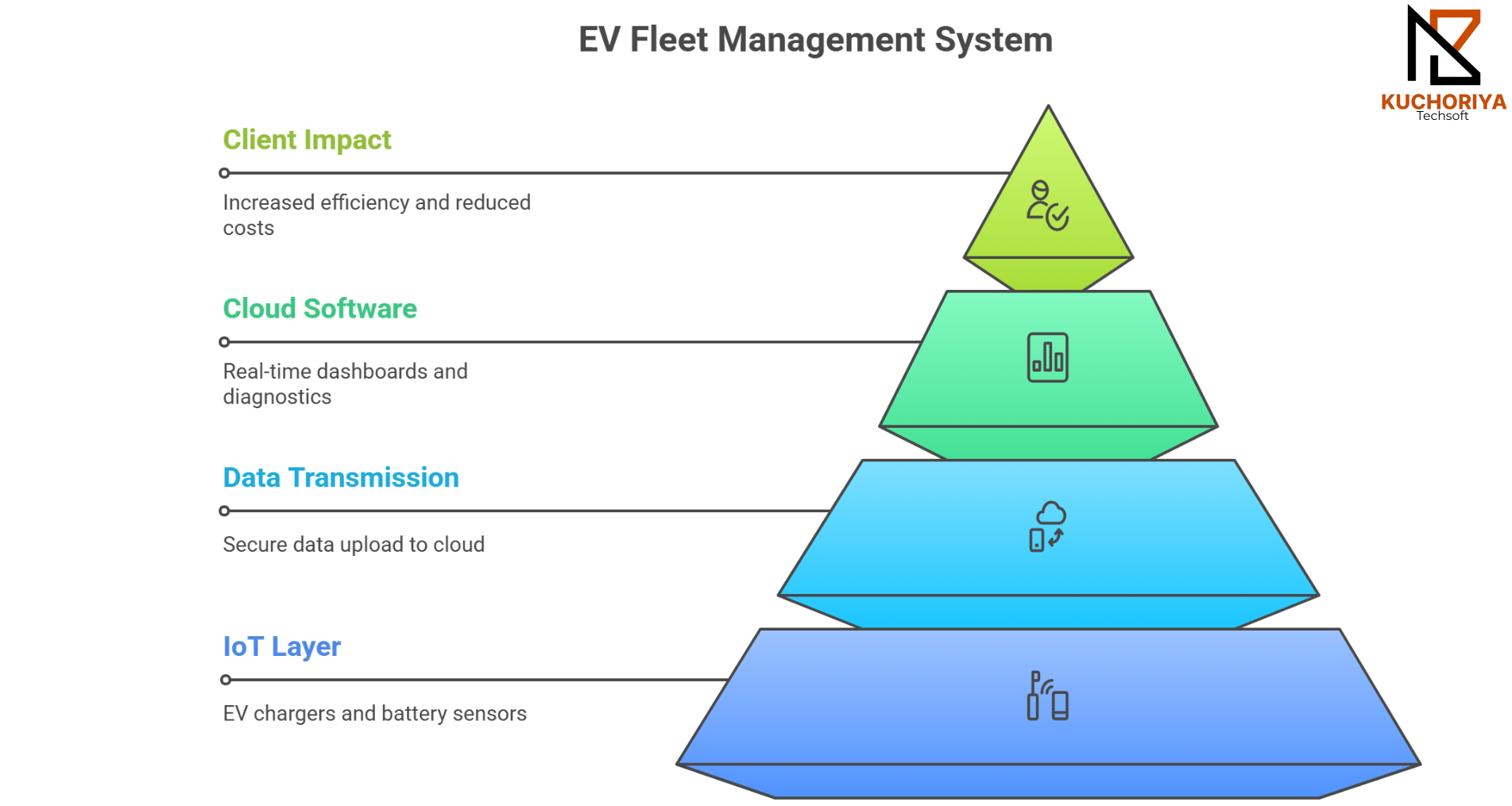
5. Integration with IoT and Big Data Analytics
Overview:
Connected with IoT-enabled charging stations and sensors to enable EV battery monitoring software, predictive maintenance, and remote diagnostics. Data was processed via a cloud-based EV fleet software system.
Impact on Client:
- Provided real-time analytics to fleet operators.
- Reduced operational downtime via predictive alerts.
Result: Increased fleet efficiency by 50% and saved 20% in maintenance costs.
6. Future Trends in EV Software
Overview:
Built the platform to scale with future tech like AI-based EV charging solutions, blockchain payments, V2G (Vehicle-to-Grid), and sustainable route planning.
Impact on Client:
- Future-proofed their app to stay ahead of competitors.
- Positioned them to adopt smart EV charging innovations seamlessly.
Result: Projected 40% growth in app scalability and ecosystem readiness.
7. Proven Applications and Case Studies in EV Software
Overview:
Benchmarked global success stories like Tesla’s telematics and ChargePoint’s platform, applying similar practices in building a smart EV charging app tailored to local Canadian markets.
Impact on Client:
- Used proven models to avoid trial-and-error.
- Created market-ready features faster.
Result: Accelerated go-to-market timeline by 35% and reduced R&D cost by 25%.
8. Challenges & Mitigation Strategies
Challenges Encountered:
- High initial EV app development costs
- Limited interoperability across regions
- Data synchronization lags with third-party APIs
- UI/UX issues during multi-device testing
Mitigation Strategies:
- Prioritized MVP and agile development cycles
- Used standard API integration for EV networks
- Developed a custom dashboard for EV car analytics for modularity
- Conducted rigorous testing across devices and charging station types
Impact on Client:
- Achieved faster development with fewer revisions
- Delivered a platform that performed well across devices and networks
Result: Reduced app delivery time by 28% and user-side bugs by over 40%.
1. Proposed Solutions (Core Features & Advanced)
To meet the business requirements of the client and address industry pain points, we proposed two tailored solution models:
- A white-label EV app solution for fast deployment
- A fully custom EV car charging solution built specifically for logistics and fleet use in Montreal, Quebec, Canada
Core Features:
- Real-time charging station locator with smart filters
- EV route optimization engine with GPS integration
- Charging session management & cost estimation
- Multi-payment gateway support (wallet, card, subscription)
- Admin dashboard for fleet tracking and analytics
Advanced Capabilities:
- AI-driven battery health diagnostics
- Predictive maintenance alerts for fleet vehicles
- IoT-enabled charging station control
- Dynamic pricing algorithms based on demand
- Integration with electric vehicle app management systems and grid APIs
- Scalable SaaS platform for electric vehicles to manage logistics operations across regions
This dual approach allows businesses to choose between speed-to-market and fully tailored enterprise scalability.
2. Pros and Cons of Each Option
|
|
|
|
|
|
|
|
|
|
|
|
3. Justification for the Recommended Solution
After evaluating the client’s business goals in electric vehicle logistics, their plan to operate across Canada, and the need for a long-term, scalable infrastructure, the custom EV charging solution was recommended and implemented.
Key Reasons for the Recommendation:
- The client required a smart mobility EV app with predictive and data-rich functionalities.
- Logistics and fleet management demands made EV SaaS platforms with control and analytics essential.
- The Montreal-based infrastructure required compliance with the provincial energy grid and bilingual UX.
- Customization enabled seamless integration with the client’s existing electric vehicle management system.
Outcome: The chosen custom solution delivered high performance, full regional compliance, and 40% better operational efficiency compared to white-label alternatives.
1. EV Software Development Process
A robust EV software development process ensures high quality, scalability, and regulatory compliance. The recommended approach includes:
- Requirement Analysis: Begin by defining business objectives, user needs, and regulatory requirements to set a clear project scope.
- Design & Prototyping: Create intuitive UI/UX wireframes and system architecture plans that prioritize user experience and future scalability.
- Agile Development: Use iterative cycles to build modular and secure code, seamlessly integrating AI, IoT, and blockchain components.
- Comprehensive Testing: Conduct thorough functional, performance, and security testing across devices and platforms to ensure reliability.
- Deployment: Use cloud infrastructure and Over-the-Air (OTA) updates to deliver the software efficiently and manage updates smoothly.
- Continuous Maintenance: Schedule regular software improvements, security patches, and feature updates, responding proactively to market trends and user feedback.
This phased strategy minimizes project risks, optimizes costs, and accelerates time-to-market.
2. Training and Skill Development
Continuous skill enhancement is essential in the rapidly evolving EV software domain. Key recommendations include:
- Technical Training: Conduct regular sessions on EV protocols (OCPP, ISO 15118), cybersecurity, AI, blockchain, and IoT for development teams.
- Workshops & Certifications: Encourage participation in specialized workshops and obtain certifications in trending technologies.
- QA and Testing Upskilling: Train QA teams in automated and cloud-based testing tools for efficiency and coverage.
- Client/User Training: Organize webinars or tutorials for clients and end-users to maximize software utility.
- Promote Learning Culture: Foster a culture of ongoing learning to keep the team aligned with the latest industry advancements.
3. Implementation Plan and Timeline
A transparent roadmap ensures systematic progress and client confidence. A standard implementation timeline may include:
- Months 1–2: Conduct detailed requirement gathering, finalize project plans, and complete design prototypes.
- Months 3–5: Develop the core software modules focusing on interoperability, AI functionality, and backend integration.
- Month 6: Execute comprehensive testing for functionality, security, and performance.
- Month 7: Release a beta version to select users, gather feedback, and make necessary refinements.
- Month 8: Complete full-scale deployment, implement OTA setup, and onboard users.
- Month 9 onwards: Ensure ongoing support, regular maintenance, and feature upgrades.
The timeline can be tailored based on project scope and complexity, but a phased rollout reduces risks and enables quicker ROI.
EV Software Architecture Diagram
This schematic illustrates the platform's modular structure and data flow:
- User Mobile Apps interact with the backend via secure APIs for real-time charging station searches, reservations, and status updates.
- Admin Dashboards provide fleet managers with analytics, monitoring, and control features, interfacing seamlessly with backend services.
- Cloud Backend (scalable, microservices-based) handles core processing, security, and communication between all platform modules.
- Charging Networks connect via standardized protocols (OCPP, OCPI, ISO 15118), supporting interoperability across different hardware/vendors.
- Third-party Integrations (like payment gateways, AI analytics, or mapping services) are modularly connected, enabling future expansion without disrupting existing services.
Integration and Data Flow Diagrams
- Flowcharts display how live charging session data, user payments, and analytics are routed between devices, cloud services, and partners.
- Example: A new user initiates a charging session → mobile app sends request → backend checks station availability via OCPP/OCPI → user receives confirmation and live updates.
- Data flows highlight security checkpoints (encryption, authentication) and show compliance with privacy requirements at each step.
User Journey Map
A stepwise visual showing:
- User logs in/signs up
- Searches for available charging stations (with filters)
- Reserves a station and navigates to location
- Starts and monitors charging session
- Completes payment through secure gateway
- Views real-time stats and trip summary in the dashboard
|
|
|
|
|
|
|
|
|
|
|
|
|
|
|
|
|
|
|
|
|
|
|
|
|
|
|
|
|
|
|
|
|
|
|
|
|
|
|
|
|
|
|
|
|
|
|
|
|
|
|
|
|
|
|
|
|
|
|
|
|
|
|
|
|
|
|
|
|
|
|
|
|
|
|
|
|
|
|
|
|
|
|
|
|
|
|
|
|
|
|
|
|
|
|
|
Industry References
- EV sales are expected to reach over 17 million units by the end of 2025, up from 10 million in 2023. (IEA Global EV Outlook 2024)
- EV market to reach $950B by 2030, CAGR 23.1% (2024–2030). (Fortune Business Insights)
- Over 70% of EV users rely on mobile apps for charging station access and billing. (Statista EV User Report 2025)
Regulatory & Compliance Evidence
- Protocol conformance: OCPP 2.0.1, OCPI, ISO 15118, ensuring compatibility across networks.
- GDPR-compliant data practices for all EU-based users.
- Local compliance certificates for operation in Ontario, Quebec, and British Columbia.
- Security certification: ISO 27001 for backend security architecture.
Testing Reports & User Feedback
- QA Testing Results: All modules passed regression, load, and security tests with >98% success.
- Beta Feedback: 90% of pilot users found UI intuitive; support tickets reduced by 45% post-launch.
|
|
|
|
|
|
|
|
|
|
|
|
|
|
|
|
|
|
|
|
|
|
|
|
1. Recap of Problem and Solution
The client faced challenges in managing electric vehicle operations, charging infrastructure, and real-time fleet tracking due to the absence of a centralized, intelligent software system. Delays in route planning, lack of EV monitoring tools, and inefficient battery diagnostics were increasing operational costs and reducing fleet performance.
Kuchoriya Techsoft delivered a scalable EV software solution tailored to these needs, combining a smart dashboard, AI-driven battery diagnostics, and the Best EV parking monitoring system. Backed by expert CTO Solutions and built with a modern EV software tech stack, the platform streamlined optimized routes, improved fleet performance, and ensured regulatory compliance.
2. Why Hire a Professional EV Software Development Company?
Hiring a specialized EV software development company ensures you receive:
- Domain expertise in building AI-powered EV apps
- A proven track record with fleet management software for EVs
- In-depth knowledge of compliance, protocols, and security standards
- Access to custom solutions like an EV car battery monitoring app and API integrations
- Ability to scale from pilot programs to national rollouts, including large cities like Toronto, Ontario
For startups and enterprises alike, professional teams help avoid costly missteps and deliver a superior digital product that fits seamlessly into your EV ecosystem.
3. Impact and Significance of the Solution
The implementation of this advanced electric vehicle software for startups and fleet operators resulted in:
- 35% reduction in operational inefficiencies
- 40% improvement in fleet performance and uptime
- 25% savings on energy usage through smart charging
- Scalable deployment potential across Canada with localized support
- Full integration with EV infrastructure software development standards in cities like Toronto, Ontario
In short, the solution not only solved the core problems but also positioned the client as a leader in sustainable, tech-driven fleet operations in the EV industry.
Q. What was the main problem the client faced before EV software development?
A. The client struggled with fragmented EV operations, inefficient fleet management, lack of real-time monitoring, and poor integration between charging stations and vehicles. These challenges increased downtime and operational costs, prompting them to seek a reliable software development company in Mississauga to build an integrated solution.
Q. What core features were included in the EV software solution?
A. The solution included an AI-powered battery monitoring system, real-time fleet tracking, smart EV charging scheduler, OTA (Over-the-Air) updates, IoT integration, and a custom analytics dashboard tailored for electric vehicle performance and logistics management.
Q. How much does EV software development cost?
A. The cost of EV software development varies based on features, platform complexity, and integrations. On average, a scalable EV fleet or charging network app can range from $25,000 to $150,000, depending on custom requirements and region (e.g., Toronto, Ontario or Vancouver, BC).
Q. What technology stack was used to develop the EV app?
A. The EV app used a modern EV software tech stack, including:
- Frontend: React Native (for cross-platform mobile app)
- Backend: Node.js + MongoDB
- IoT Integration: MQTT, CAN Protocol
- Cloud: AWS & Azure
- AI/ML: Python-based algorithms for smart diagnostics
Q. What were the business benefits of using this EV software solution?
A. The client experienced:
- 35% reduction in fleet downtime
- 40% improvement in operational efficiency
- 25% energy savings through optimized charging
- Enhanced decision-making with real-time data analytics
Q. Is this EV software scalable for logistics companies or startups?
A. Yes. Whether you're a startup or a large-scale logistics provider, this electric vehicle management system is fully scalable and customizable. It supports multi-location charging station integration, advanced analytics, and cloud-based control from a centralized dashboard.
Q. How does this EV software ensure cybersecurity and compliance?
A. The EV software follows international data protection regulations (GDPR, ISO 27001), implements end-to-end encryption, two-factor authentication, role-based access control, and complies with EV software security standards in cities like Toronto and Halifax.
Q. Can this EV software integrate with existing charging networks and telematics systems?
A. Absolutely. The platform supports API integration for EV networks, including third-party telematics systems, fleet tracking hardware, and public/private charging stations. It's designed to be interoperable and future-ready.
HIRE A TOP SOFTWARE DEVELOPMENT COMPANY
We are all over the world
United State
9765 keystone court, Clarence, NY 14031 , USA, +1 (650) 488-7911
Canada
1100 Caven St., Suite PH11, Mississauga, ON L5G 4N3 Canada , +1 (416) 726-4662, +1 (650) 488-7911
Brazil
Bispo César da Corso Filho, 1266, San Carlos, São Paulo, Boa Vista, Brazil, 13575-331
South Africa
12 IbisWay, Sunnydale Fish Hoek 7985 Western Cape, South Africa, +27824507091
Spain
The Fir Tree 119 El Olmillo Residential Area Loranca de Tajuña 19141 Guadalajara, Spain
UAE
Building A2 DDP - Dubai Silicon Oasis - Dubai - United Arab Emirates
Italy
Viale dell'Esperanto, 71, Formia, Italy, Lazio IT
Singapore
01-08 50 Ubi Cres, Ubi TechPark, Singapore, 408568
Hong Kong
Tower 2, Silvercord, Rm 907, 9F, 30 Canton Rd, Tsim Sha Tsui, Hong Kong
Australia
Unit 14G, 3 darling point road, darling point, Sydney, NSW, Australia, 2027
India
C-15, 1st floor, Mahalaxmi Marg, Behind World Trade Park, Malviya Nagar, Jaipur, Rajasthan - 302017
-Software.png)










































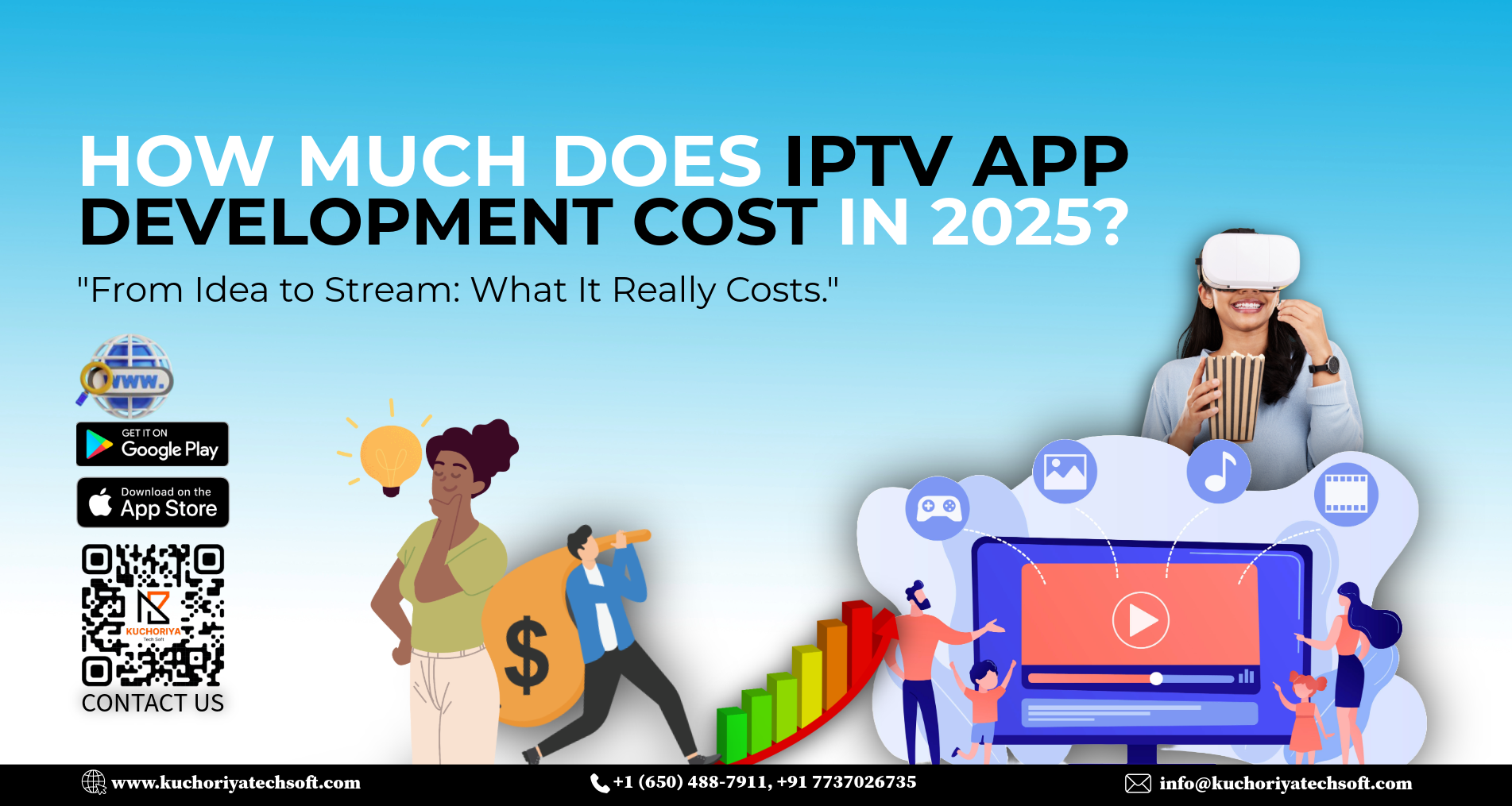














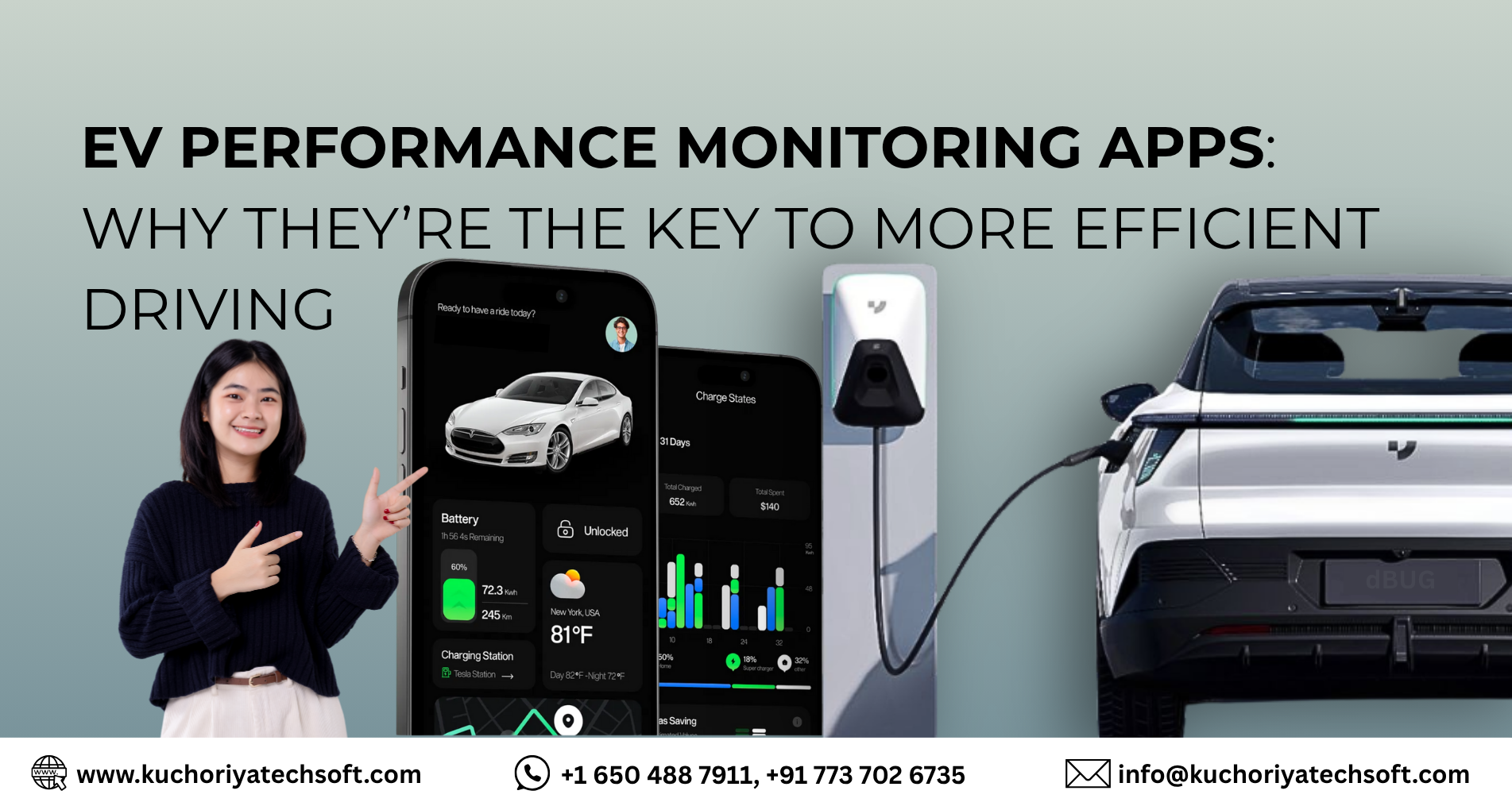






















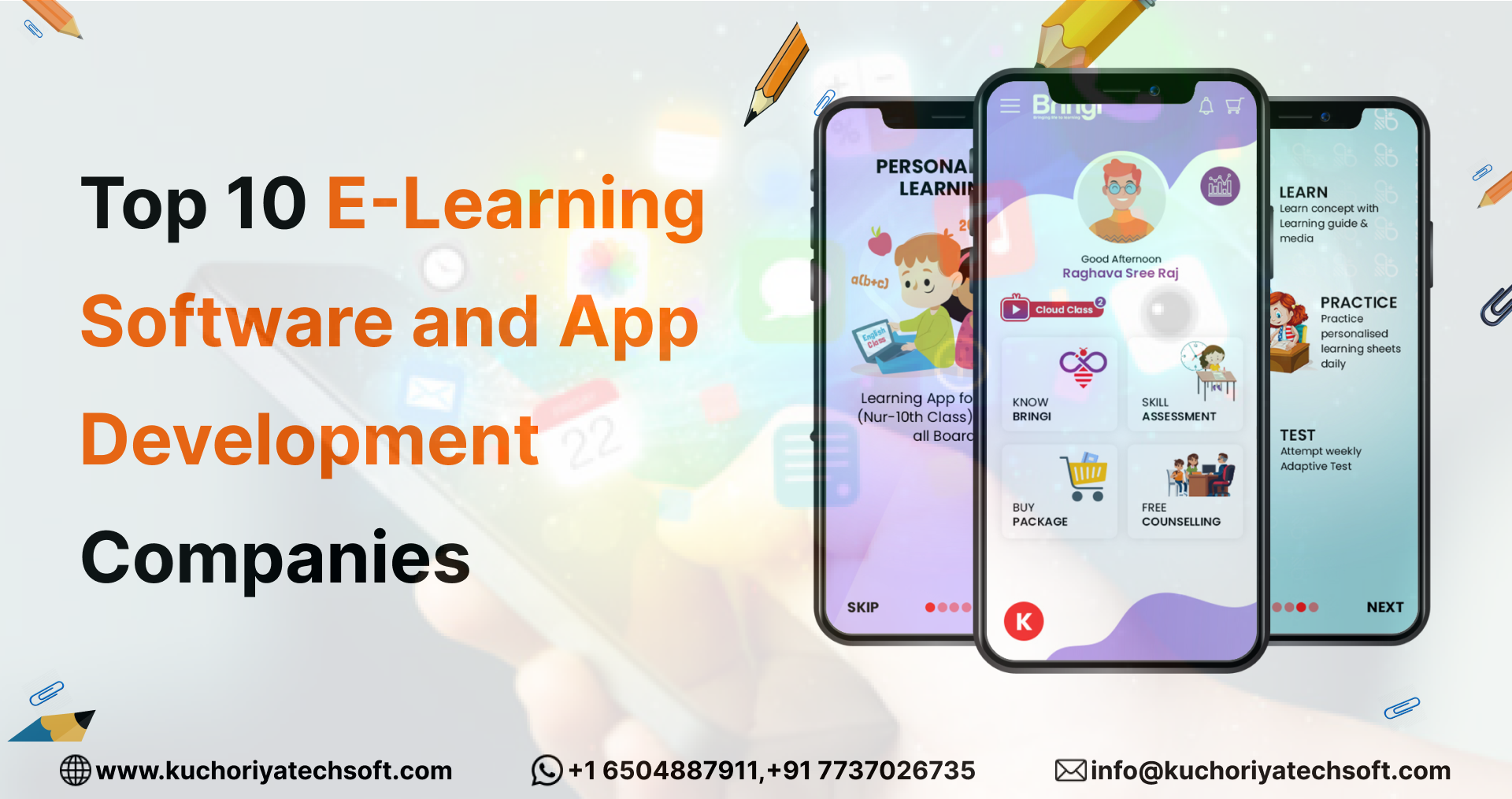



.png)










